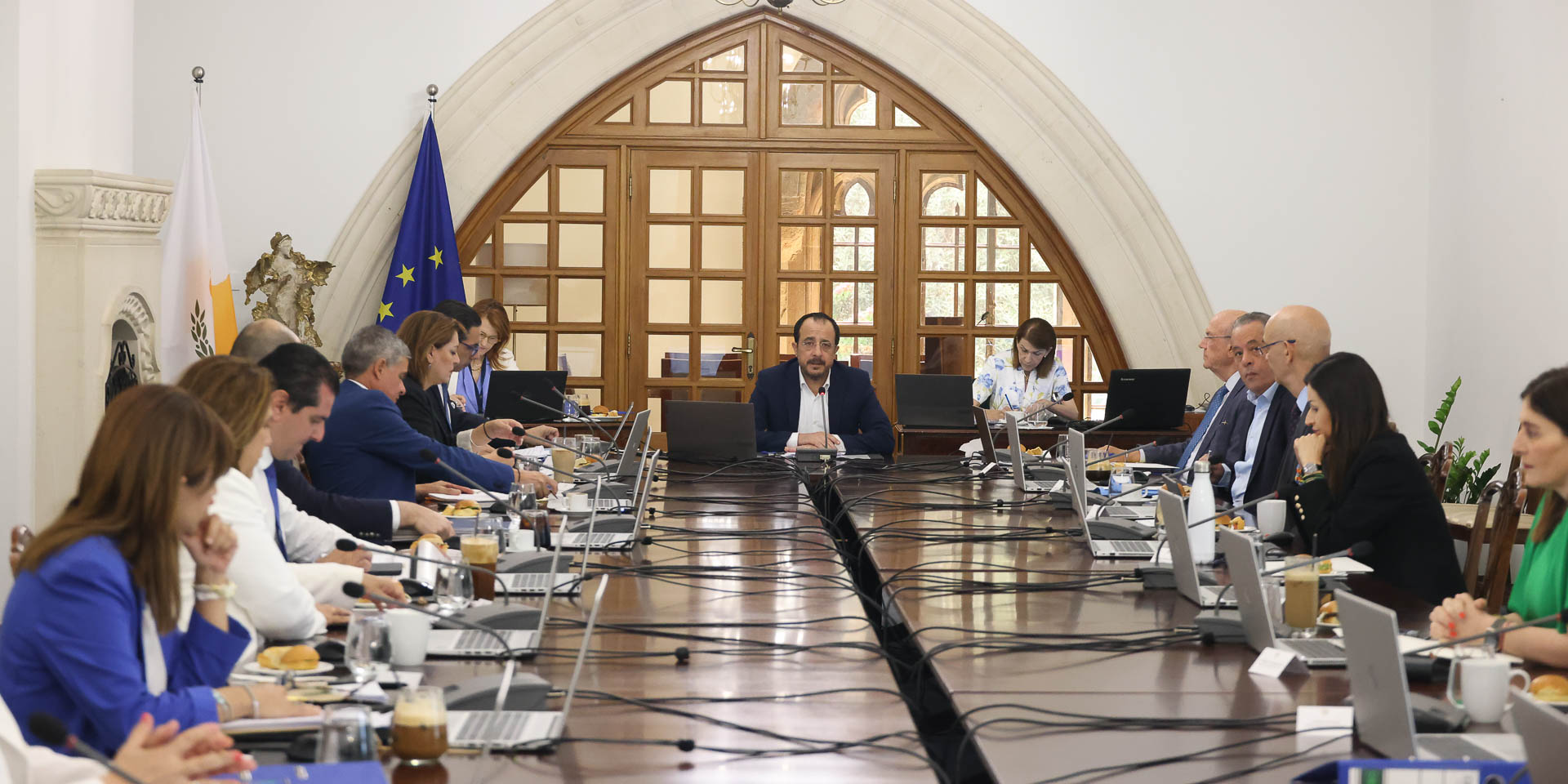The 2025 state budget will be in surplus, President Nikos Christodoulides said on Monday.
After a Council of Ministers meeting held at the Presidential Palace, Christodoulides held an extraordinary session during which he outlined the government’s financial goals and stressed that the goal is for the budget to align with the administration’s strategic priorities.
He also underlined the importance of reviewing and categorising each ministry’s budget into mandatory, operational, social, and developmental expenses.
“These elements are essential in meeting the needs of the public and maintaining the administration’s commitments to the electorate,” he said.
He then emphasised the significance of adhering to the “social contract” with the public, reassuring that the administration’s plans are progressing well.
Christodoulides also reiterated his stance on ensuring that the budget remains surplus while maximising the efficiency of spending, particularly on developmental and social programmes.
He also outlined the need for continuous review and public accountability of the government’s actions, referencing plans to present the 2025 budget to the public early next year and review the 88 commitments made for 2024.
Highlighting key focus areas for the latter half of 2024 and into 2025, President Christodoulides called for particular attention to be paid to digital transformation, which he described as “a priority for the state” and for which he said “there will be zero tolerance for delays”.
He then spoke of the necessity of implementing bold reforms, acknowledging that most changes do not satisfy everyone but maintaining that they are crucial for the country’s progress.
Addressing environmental concerns, Christodoulides underlined the urgency of the green transition. He recognised the immediate impacts of climate change and the need to develop policies, especially for future generations.
Measures to address issues such as declining birth rates were also mentioned, with the president saying that “specific proposals are expected by September”.
Christodoulides concluded by outlining once again “the government’s approach to building a robust economy based on fiscal responsibility, a strong financial system, and bold reforms.
“This approach would enable targeted social policies to support those in need and address critical areas like education and health,” he said before urging the ministers to focus on policies that align with the electoral promises and build the budget around these priorities.
Following the meeting, government spokesperson Konstantinos Letymbiotis said another key focus will be the support and revitalisation of the middle class, which Christodoulides has described as “the backbone of Cypriot society and the economy”.
“Emphasis will be placed on bolstering the middle class, ensuring they benefit from the government’s policies and reforms,” Letymbiotis told journalists after the meeting.
Moreover, during the meeting, various ministers and deputy ministers presented their priorities for the coming year.
The labour ministry will focus on enhancing social safety nets and improving labour conditions, the deputy tourism ministry’s goals are oriented towards boosting tourism in a sustainable manner, while the deputy ministry of research will work on accelerating and promoting digital transformation initiatives across the public sector.
On her part, Deputy Culture Minister Vasiliki Kassianidou detailed plans to support and preserve the country’s cultural heritage, and Deputy Minister for European Affairs Marilena Raouna discussed preparations for Cyprus’ EU Presidency in the first half of 2026.
Letymbiotis said “discussions will continue throughout this week to ensure that the budget fully reflects the president’s vision and the government’s strategic priorities”.







Click here to change your cookie preferences